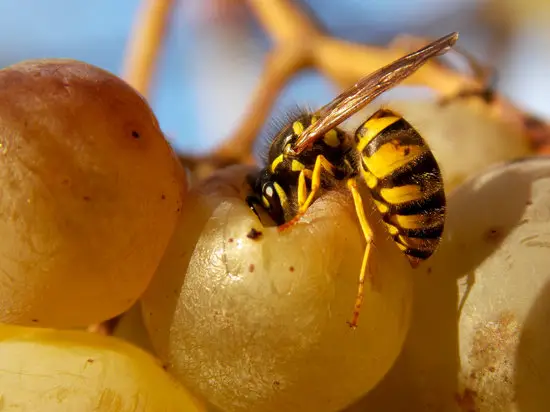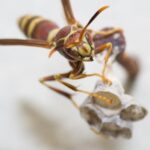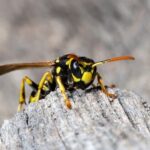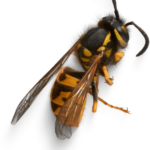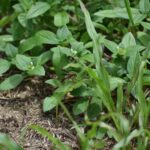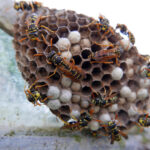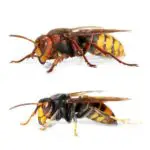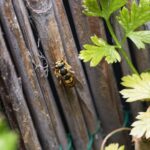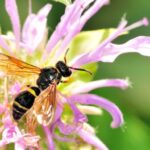What Benefit Do Wasps Serve?
Despite the reputation of being harmful, wasps serve a wide range of ecological functions. Not only do they kill pests, they also pollinate flowers, and help maintain a healthy ecosystem.
There are over 7,000 species of wasps living in the UK. The majority of these are social species. These wereps live in colonies and feed on other insects. These colonies are often nests in manmade structures.
In the UK, social wasps capture 14 million kilograms of insect prey annually. They feed on pests including spiders, caterpillars, flies, and larvae. They also eat rotting fruit. They may be a useful natural pest control for backyard gardens.
The venom of stinging wasps is effective in killing cancerous cells. It also has antibiotic properties. In addition to controlling pests, wasps may also be useful in developing new medications.
Wasps are vital to maintaining a healthy ecosystem. They feed on insects that eat plants, including aphids, whiteflies, crickets, and other crops-eating insects. They also kill insects that spread disease. They reduce the waste in their ecosystem and regulate arthropod populations. Wasps are also important as natural biocontrols for crops.
There are three main types of wasps. Social wasps, solitary wasps, and parasitic wasps. Unlike solitary wasps, social wasps feed on a variety of pests, and they are less picky about their prey. They often build nests in cavities or hanging nests.
Solitary wasps are usually specialists. They hunt insects in a specific genus or order. They may feed on aphids, caterpillars, spiders, or other pests. They may also collect pollen, which is used to feed their young.
